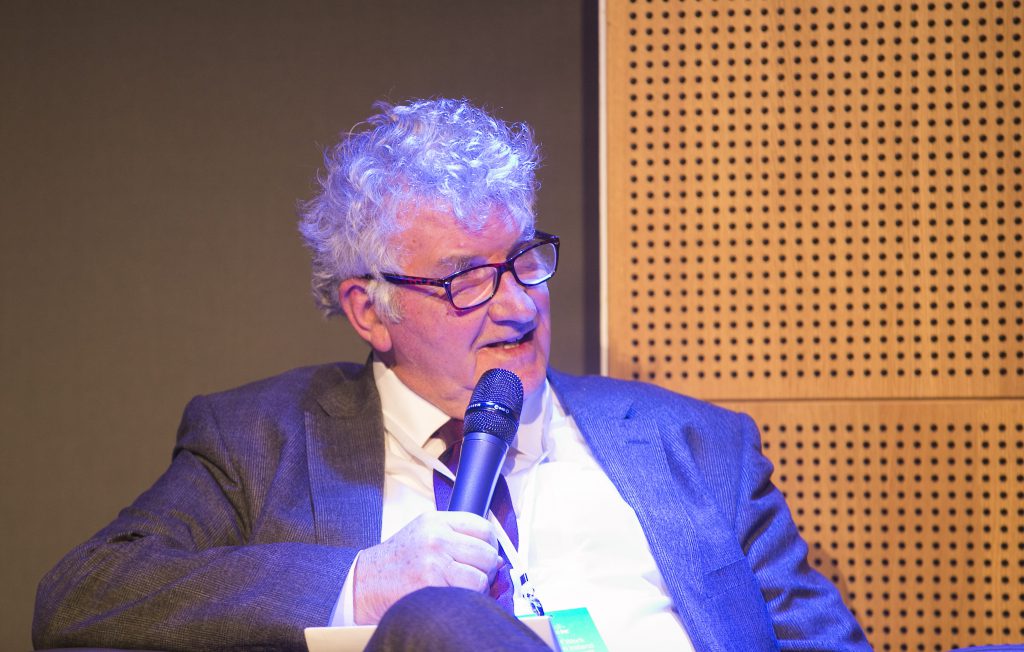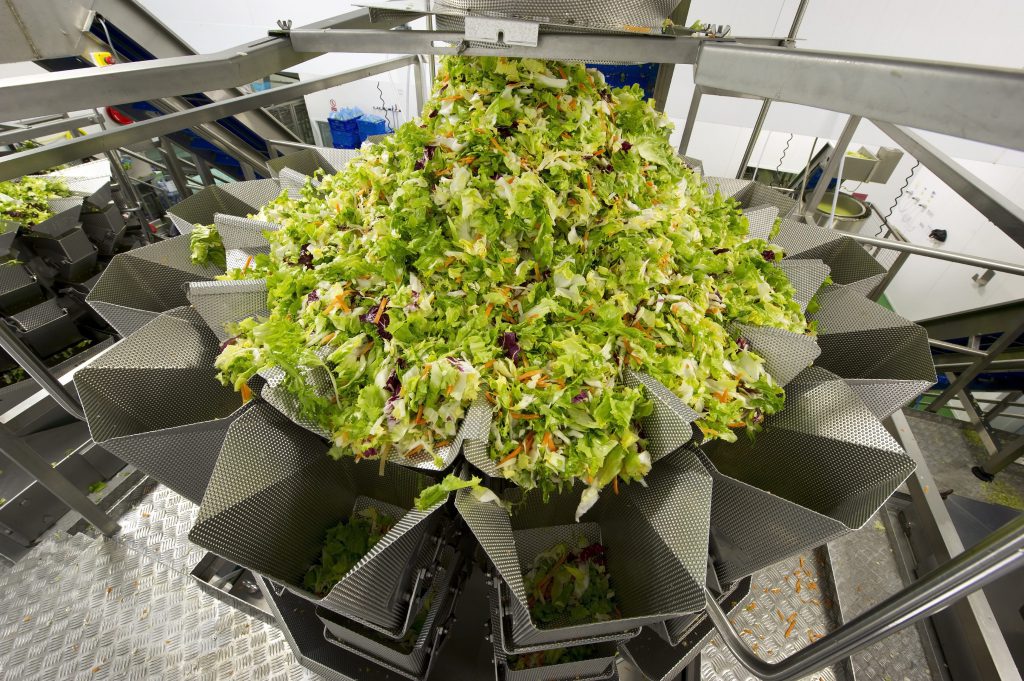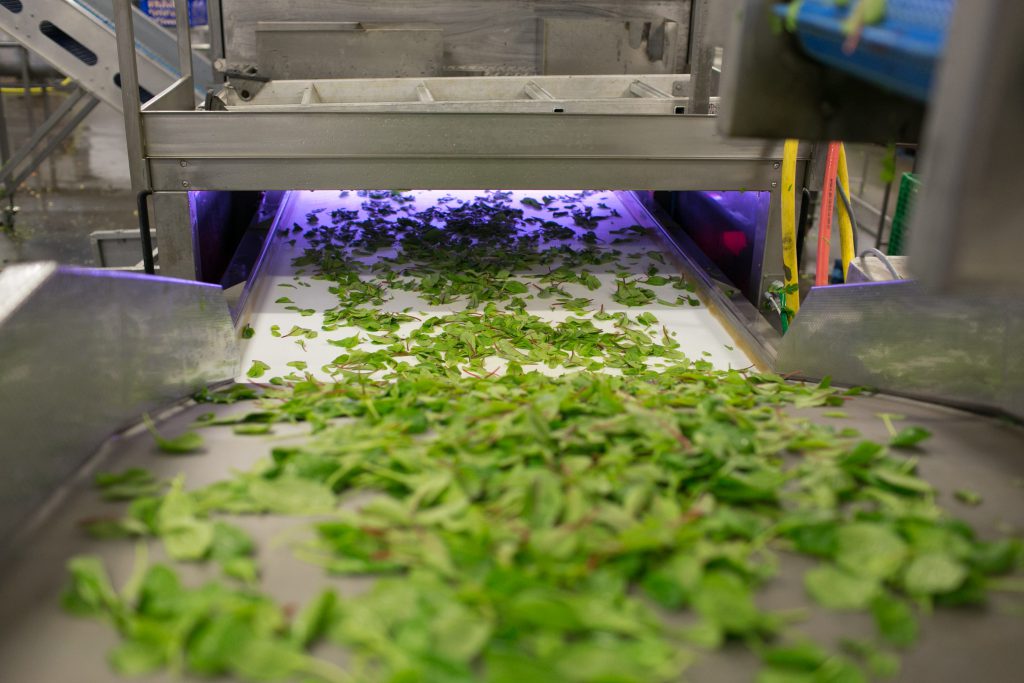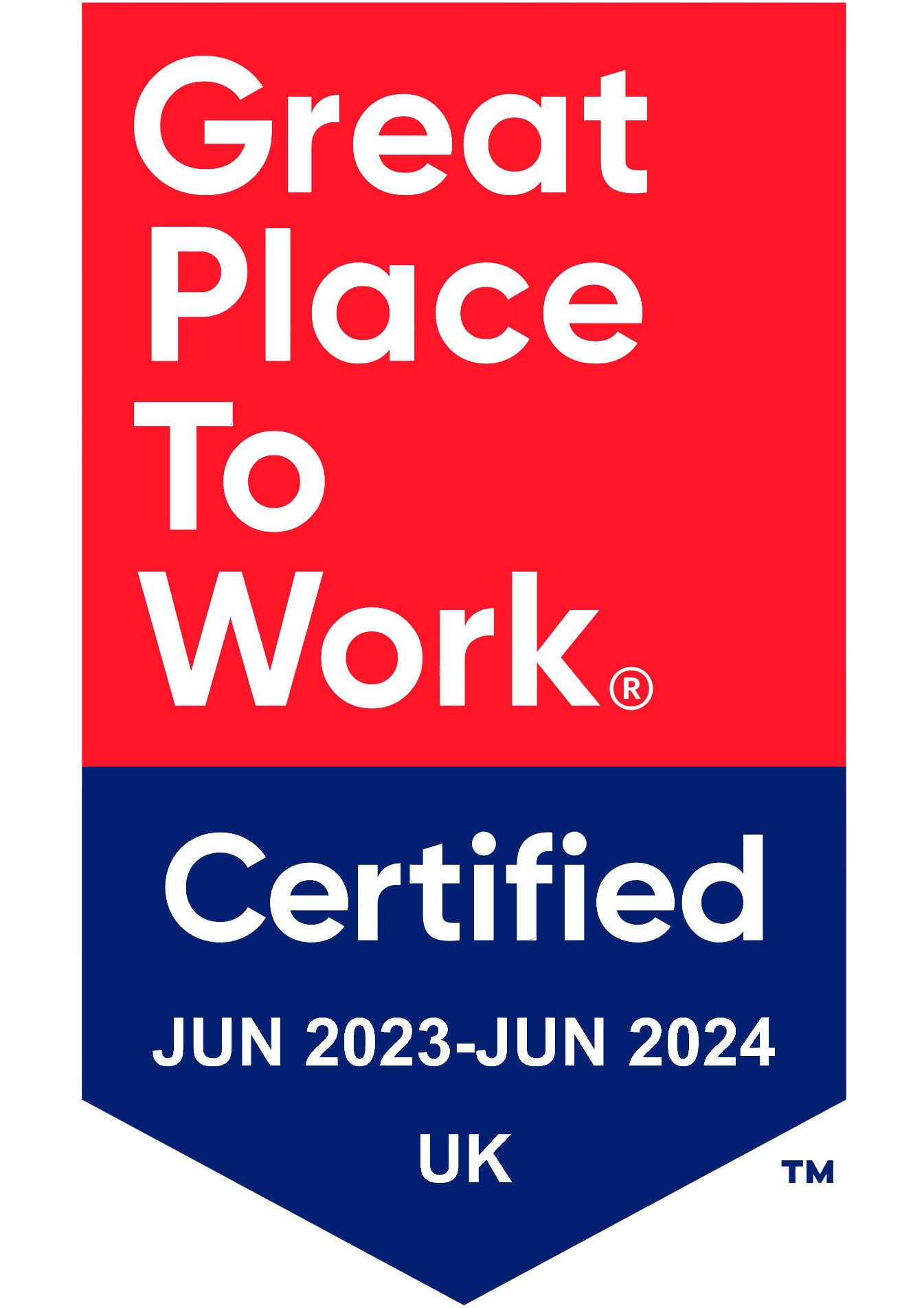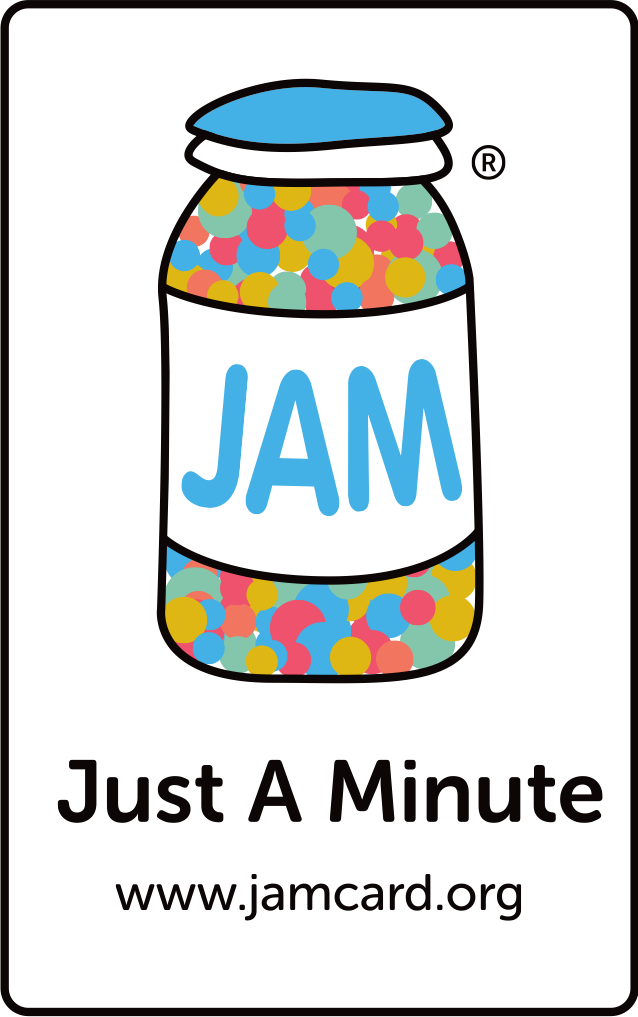“Jobs will change, but the world is changing,” – Willowbrook founder on his 50th year in business
Willowbrook Foods is a fresh vegetable processing company based in Killinchy on the Strangford Lough. The company was started 50 years ago […]
March 12, 2018
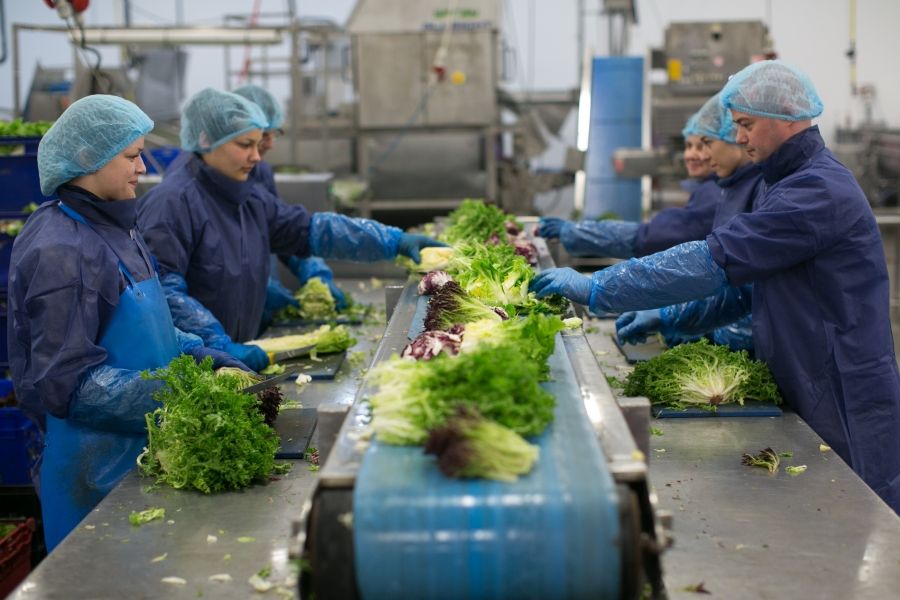
Willowbrook Foods is a fresh vegetable processing company based in Killinchy on the Strangford Lough. The company was started 50 years ago by John McCann – who’s still leading the company at age 75 – alongside his father, who was originally a farmer.
John has attributed the company’s long-term survival to automation, in part.
“Ten years ago we were at a crossroads – we had to automate the business or let it die,” John said. “Our business is very labour intensive, for example we have to sort through lettuce leaves and identify defects.”
Led by John, Willowbrook took the bold move of investing in around 30 automated machines to equip its two factories (in Killinchy and Newtownards).
What do the machines do?
John said, “All the modern machines are controllable by programmes – for each cut and type of processing of vegetable or leaf that you’re working with. It will record the volume, take the total and average weights, and give feedback on speeds – in short the machines give us a lot of information we’d never had before.”
In a video taken at Willowbrook’s facility, you can see the machinery sorting, drying and bagging different weights of lettuce. The company’s second facility is a specialist cooking factory, where they steam cook a wide variety of root vegetables to make mash, turnip, carrot, parsnip and so on. The products are sold into retailers like Iceland and Musgrave Supervalu, as well as the food service industry.
John said, “Costs have be kept at a minimum. Efficiency is critical, particularly in Northern Ireland, because we’re a bit remote and we have extra costs even going across to the UK mainland. If we have automation, we can keep our staff.”
Where did you purchase the machines?
“Most of the vegetable processing automation is happening in Holland, the US, Germany and Japan, so we imported the machinery from those countries,” John said.
When you got the machines was there a move to upskill your workforce of 320 employees?
“Part of commissioning a new bit of technology always involves training and upskilling, supplied by the manufacturer, but we also have in-house training,” John said. “We write our own manual on using the machines and train our maintenance team to do it.”
Where is the food farmed?
“It’s farmed in the north and south of Ireland. The automation in arable farming here is very good – the harvest, combine and silage technology is quite advanced and state of the art, here in Ireland. We grow some of our own potatoes, as well,” he said.
How has automation changed the face of your company?
John said, “In one example we’ve automated the conveyer of lettuce, where any leaf with a black spot is removed with a burst of air. That’s a very difficult job for a human to do – the machine does it 10 times better. This has automated six people’s jobs, but it’s created the new job of programming the machine.”
There are two areas to mention – on an operative level there are new skills and new jobs involved in operating the computers and machines,” he continued. “Every machine has a control panel, and its complicated to learn how to set the parameters. On the management control side of the business, automation has given us new information.”
John concluded: “If we hadn’t embraced technology, Willowbrook wouldn’t be here today.”
